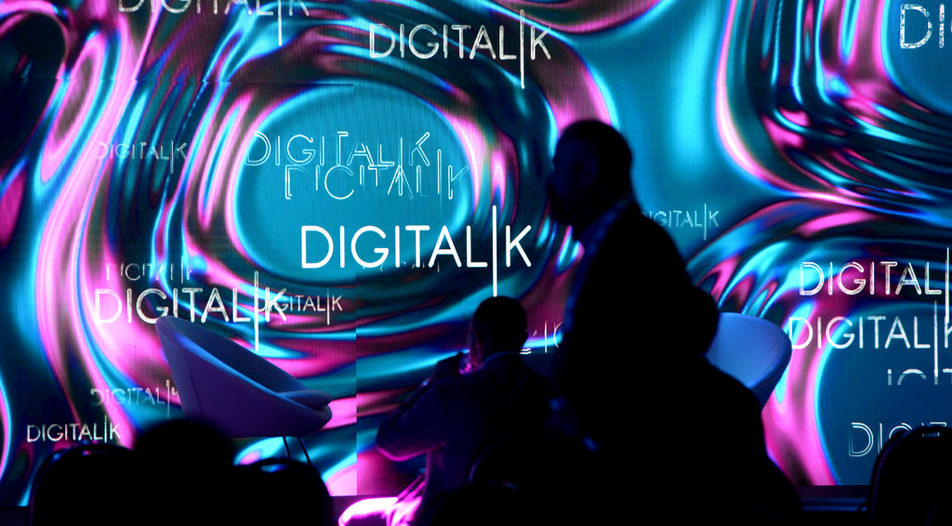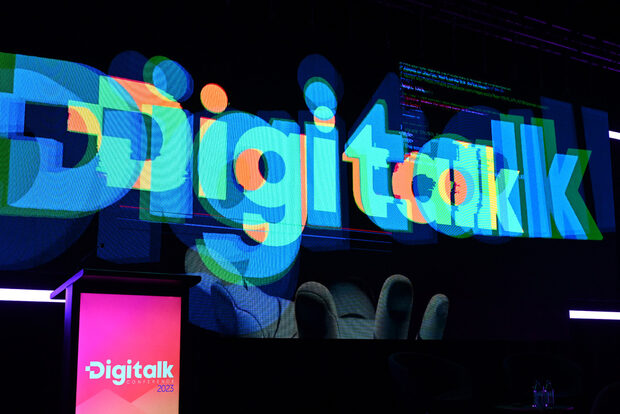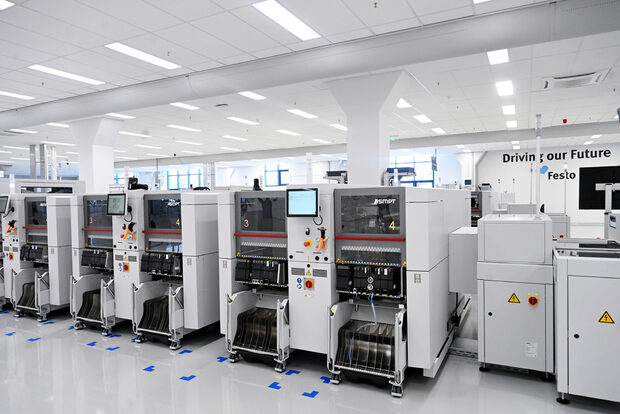For some people, 2020 was just a blank year. Others felt it was like a decade. In any case, the world did not end in 2020 and the Earth continued to spin. In the technology sector, the speed of spinning has been on the rise since the outbreak of COVID-19. Rather than collapsing, most tech companies lived through a golden age for several months, as evidenced by the even greater concentration of capital in the sector. And while most offices are still empty, the future looks better than it did a year ago.
This year's DigitalK technology conference has set three goals: to bring together the most interesting stories of the past year, to cover all the technological trends that continue to move the digital (and the real) world forward, and to answer the question of "What's next?"
To meet these goals, representatives of some of the world's largest tech companies have been invited to share observations and insights during the event: investors and experts; experienced entrepreneurs who have adapted their business to the changing world; managers who have decided to show that the saying "crisis is an opportunity" is not just a cliché and started a business at the most challenging time. What they all have in common is not just technology but that each of them has something to tell.
The question what trends marked 2020 will be at the center of this year's DigitalK conference:
- Communication. People around the world became very distanced and, at the same time, closer than ever. Travel was limited, millions of people started working from home. At the same time, everyone was connected through video and chat apps. Well-known technology giants such as Microsoft invested both capital and effort in this area. Until recently, companies like Zoom were niche and unrecognizable by the general public. Now, they've become one of the most dynamic public companies in the world. The competition, as one might expect, is greater than ever.
- Digitalization. A broad and sometimes abstract term, in the past year it has taken on very specific dimensions. Work that previously required a physical presence and tons of paper has been either entirely automated or, at worst, reduced to a few clicks. Cloud services have grown and with them the business of companies offering data storage and data virtualization services.
- Cybersecurity. A hidden digital war has been waged under a thick curtain of smoke for the past year. The case of the hacked company SolarWinds, the constant accusations of interference in politics and electoral processes, the leaks of consumer data from large platforms - all of these make cybersecurity an issue far bigger than the number of special characters needed in a person's password.
- Entrepreneurship. The pandemic showed that Bulgaria already has a sustainable entrepreneurial ecosystem. Several companies proved unsuitable for the new reality but rather than disappear they adapted by implementing new business models. After the millions invested by venture capital funds over the past decade, there is hardly any better and more encouraging news than the reassurance that the funds weren't just funding an idea but rather real entrepreneurs with skills and flair.
Things outside Bulgaria looked no different. In the United States, venture capital flowed like a river. In Europe, it has remained at the same level, which on the one hand is good news, but on the other it means that the lag compared with the US and China has grown. The future of the continent as a digital destination, and what needs to be done for Europe to catch up, are also among the key topics of the DigitalK conference.
- 5G. After years of glamorous promises, telecoms in Bulgaria and around the world have gone to work and reached deep into their pockets for both telecommunications equipment and 5G frequencies. Full-fledged 5G technology remains in the future, but infrastructure work is in the present. Building next-generation networks depends on too many variables - not just telecoms willingness but also equipment manufacturers, governments, and last but not least, consumers and businesses.
All of these topics will play a huge role in the coming decade. For better or worse, the start of the 2020s was marked by the pandemic that took the lives of millions of people and changed the world for billions of others. Optimism is not necessary but change is coming. The question is not just "What's next?" but also the much more trivial "What are we waiting for?"
The eleventh edition of the DigitalK conference, organized by Capital and LAUNCHub Ventures, will take place on May 27 and 28. The event will be held in a hybrid format, with online broadcasting and a limited number of physical presence of guests.
As part of the DigitalK program, there will be time dedicated entirely to networking this year. The whole event will be broadcast from the virtual studio Krivina Hub. The networking part will take place at the end of the second day of the conference, on May 28. Lecturers and partners of DigitalK will gather for a live meeting between 5.30 pm and 8.30 pm at the University Botanical Garden at 49 Moskovska Street in Sofia. The live event will be available to the first 100 participants who buy a hybrid ticket.
More information about the event can be found at digitalk.bg and facebook.com/digitalkcon.
For some people, 2020 was just a blank year. Others felt it was like a decade. In any case, the world did not end in 2020 and the Earth continued to spin. In the technology sector, the speed of spinning has been on the rise since the outbreak of COVID-19. Rather than collapsing, most tech companies lived through a golden age for several months, as evidenced by the even greater concentration of capital in the sector. And while most offices are still empty, the future looks better than it did a year ago.
This year's DigitalK technology conference has set three goals: to bring together the most interesting stories of the past year, to cover all the technological trends that continue to move the digital (and the real) world forward, and to answer the question of "What's next?"












